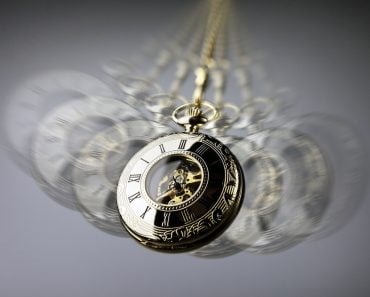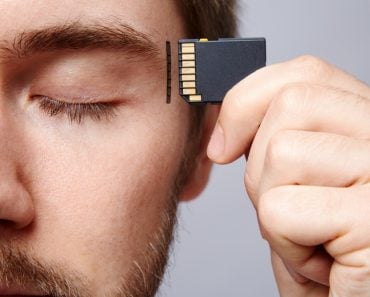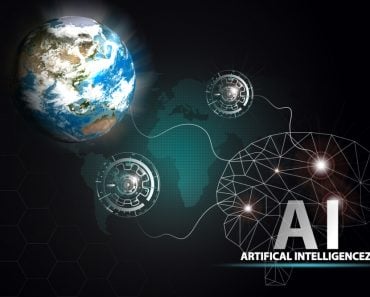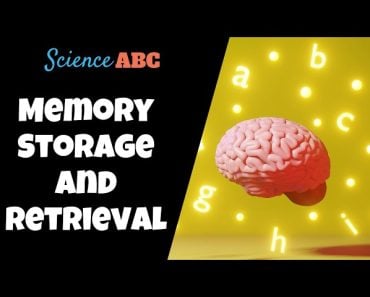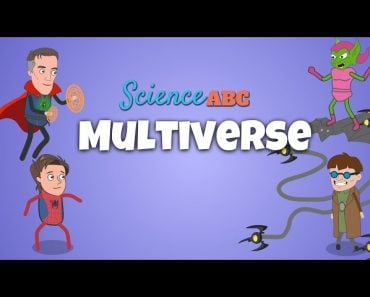Black Mirror shows us a brain implant that lets a person record and replay memories. For the time being, technology like this is more sci-fi than reality.
Black Mirror brought to viewers a dark, futuristic world that often sent chills running down the spine. One particularly eerie episode showed a brain implant that lets you record and view your own memories and those of others. The idea seems game-changing, marvelous…and a bit terrifying.
However, is this actually possible or is it just another improbable science fiction fantasy? Can we, someday, hope to record and rewatch our memories as in Black Mirror?
Recommended Video for you:
The Entire History Of You
Memory has been a favorite of science fiction stories past and present, from Total Recall to Blade Runner. The idea of memory recording can be seen in sci-fi classic Brainstorm and the 1995 film Strange Days, among scores of others.
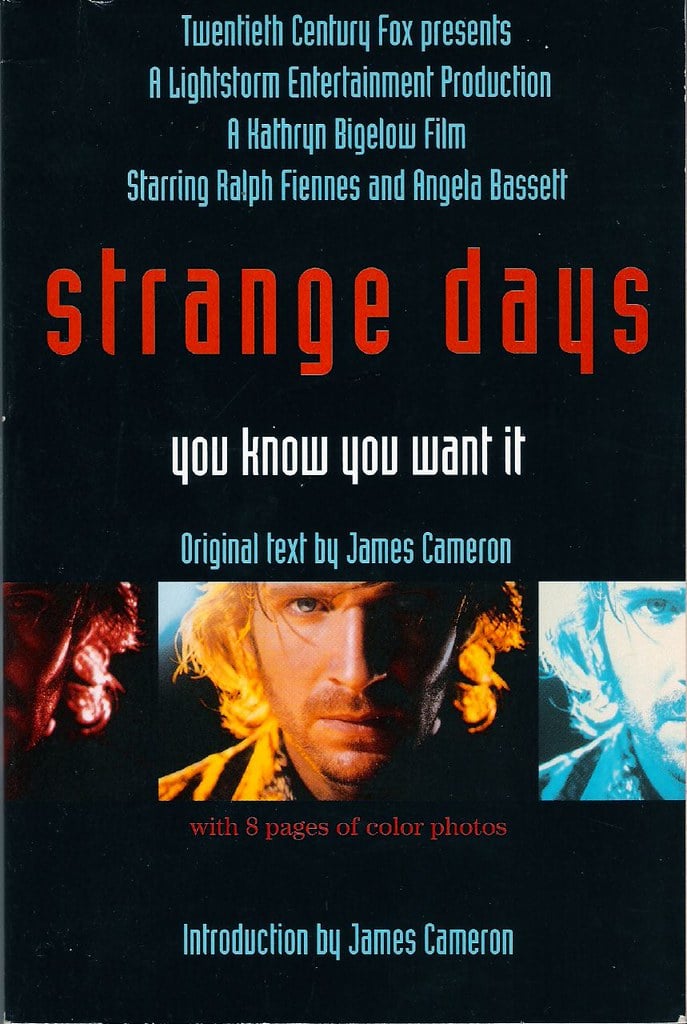
One of the recent and notable portrays of memory recording is the third episode of the first season of Black Mirror titled The Entire History of You.
Like the rest of the series, this episode attempts to show us the dark side of technological advancement. Never forgetting anything might seem like a dream come true, but is it?
Most people in the society of The Entire History of You have implants called ‘grains.’ The implant records everything that is seen and heard by the person perfectly. You can replay your memories—called ‘re-do’s—by using a small remote-like thing. You can even put up your memories on a big screen so that others can see them too.

Black Mirror shows us flawless, full-HD memory recordings that can be replayed on-demand at the touch of a button. Suffice to say no one is close to doing that.
But can our future see such technological advances? Well, that depends on how you want to get the results. There are different ways to bring to life the events in Black Mirror.
Externally Recording The World Around Us
Black Mirror tech is actually easier to set up than it seems… if you’re not taking the memory out of the brain, that is.
All you would need is a video and audio recording device implanted in your body, or even a wearable. Smart glasses with recording capabilities are already a thing, and newly rebranded Meta proclaims that their smart glasses will “allow you to record audio and video with just a touch.”
A compact storage device connected to it with a large enough capacity is also all you would need. It could be implanted or carried. Contact lenses or glasses that serve as a viewing screen could be used to rewatch your ‘memories.’ Such lenses are also already being engineered.
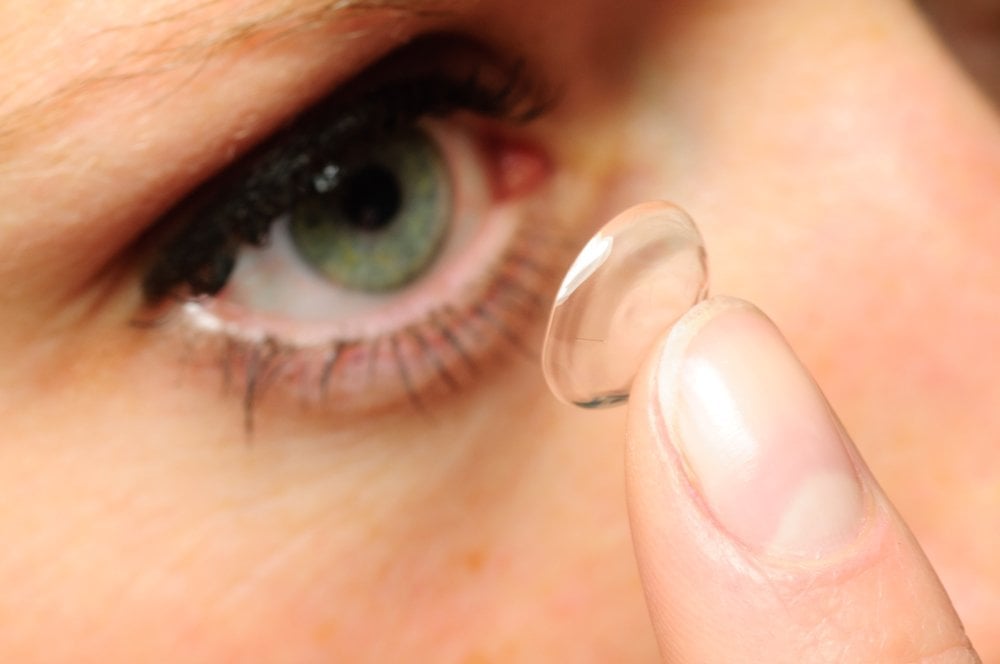
The Inside Perspective: Converting Memories To Visuals
The grain implant in Black Mirror suggests that they are not recording memories externally, but internally. This would mean interpreting the images that fall into and are processed by our eyes, and the auditory signals collected by our ears, in order to form a recording of what we perceive.
In 2011, scientists from Berkely used functional Magnetic Resonance Imaging (fMRI) and computational models to essentially reconstruct dynamic visual images from the brain. They were able to successfully reconstruct clips that people had seen.
The reconstructions are hardly full HD, just barely recognizable. But this could be a potential first step towards recording what we see from inside our minds.
To create a device with capabilities such as that shown in Black Mirror is a long way from this. Whether that is possible is still a question to be answered.
Actually Recording Memories
In the above cases, though, we’re not exactly ‘recording memories.’ We’re simply recording every single moment of the world around us. The distinction is important because they have different applications and implications.
So what about actually recording memories? We can see this in a newer series, Solos. In the final episode of the first season, ‘Stuart,’ Morgan Freeman’s titular character has been accused by Dan Stevens’s Otto of ‘stealing’ memories. The episode portrays memories as similar to intoxicating drugs and Stuart as a ‘memory addict’. Memories are actually being uploaded and downloaded from minds in the series.
Technological developments to improve memory and to assist brain function are already being heavily researched and developed. But will we ever get to a point where actual memories can be recorded, retrieved, and recalled perfectly?
What happens at the molecular level when memory is perceived, stored, recalled, and degraded, is still not entirely clear. The extent of involvement of various components for each process is still being explored. There are components, like glia, whose extent of involvement in brain activities we still haven’t figured out.
Even the existing progress on memory processing is mostly dealing with visual memory, and the working of how sounds and touch are processed remains even more mysterious.
We are not even close to fully forming a map of the brain – the connectome, as it is called.
We have not yet figured out how to get a picture with a good enough resolution that would let us understand the connections in the brain.
Without even fully understanding how the brain works, and how memories are formed and stored, and recalled, we cannot hope to actually record and view memories.
Applications And Implications Of Memory Recording
All memory degrade and eventually end up forgotten. We don’t reproduce memories, but instead, reconstruct them each time we recall them. This reconstruction is extremely prone to errors and distortions. Even old dreams can sometimes create false memories.
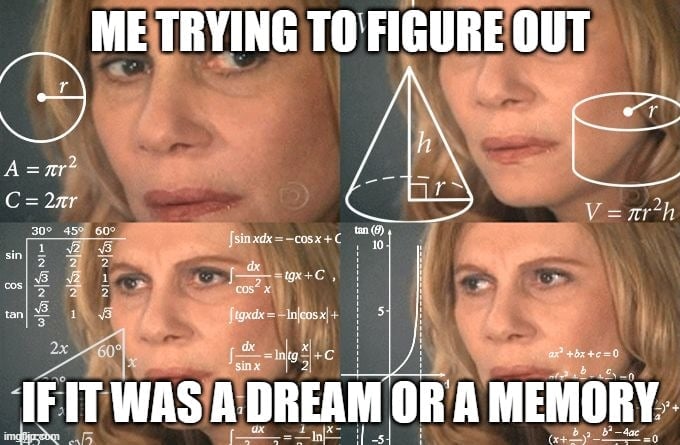
If we all had perfect memory, we would never forget an important meeting or where we put our keys. Crimes would be solved so much more easily.
However, sci-fi stories also show us the dark side of this. We might also get trapped into obsessive loops of memory, trying to solve our every suspicion. Or memory would become an intoxicating drug, resold and stolen by those seeking the “good life”. We would hold grudges forever.
We would also not be able to forget all the bad things in life. It would be so much harder to get over grief and trauma, and those embarrassing moments that made us cringe at ourselves will forever stay with us.

The selective storage of memories could be just as bad. Remember Eternal Sunshine of the Spotless Mind? It may not always end well if we can choose what to remember.
The most terrifying consideration is the danger of privacy becoming non-existent. All-permeating surveillance would become a much easier task. The privacy risk that such devices present is so dangerous that a paper has actually been published on the matter. It details a way to incorporate privacy protection into the grain of The Entire History of You, and such future devices.
However, this technology need not be commonplace. The best thing about research into memory recording and reconstruction is not its applications for all of us. If it becomes real, advancements like this can be game-changing for those affected by Alzheimer’s, dementia, or brain trauma.
If there is a possibility that those afflicted with memory loss can relive or retain their memories, then that possibility is worth making a reality.

A Future Where We Never Forget?
Balancing the ethical and social implications with the advantages of an accessible perfect memory solution is tricky, to say the least. As for its feasibility, it’s unlikely that sci-fi-esque memory recording capabilities will become real in the near future.
Stories like Black Mirror, while showing us the dark side of things, also risk creating a fear of technology that could erect barriers of paranoia to advancement. We should take the lessons from the stories we know to heart, and tread carefully, but also not let a fear of technology and its potential prevent us from changing the world!
References (click to expand)
- Hampson, R. E., Song, D., Robinson, B. S., Fetterhoff, D., Dakos, A. S., Roeder, B. M., … Deadwyler, S. A. (2018, March 28). Developing a hippocampal neural prosthetic to facilitate human memory encoding and recall. Journal of Neural Engineering. IOP Publishing.
- Memory Depiction in the Black Mirror Episode "The Entire .... Psychology Today
- How are memories formed? - Queensland Brain Institute. The Queensland Brain Institute

